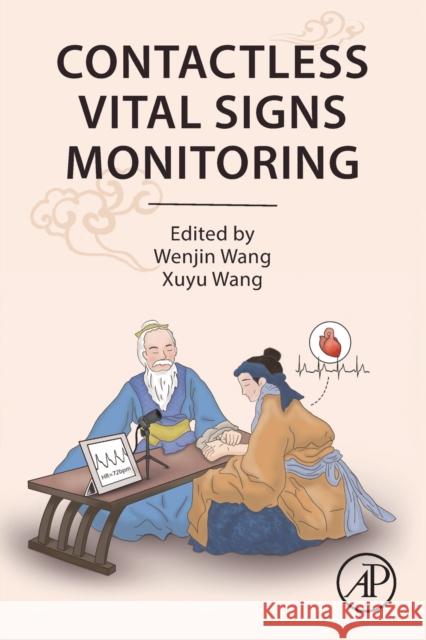Contactless Vital Signs Monitoring » książka
topmenu
Contactless Vital Signs Monitoring
ISBN-13: 9780128222812 / Angielski / Miękka / 2021 / 362 str.
Kategorie:
Kategorie BISAC:
Wydawca:
Academic Press
Język:
Angielski
ISBN-13:
9780128222812
Rok wydania:
2021
Ilość stron:
362
Waga:
0.48 kg
Wymiary:
22.86 x 15.24 x 1.91
Oprawa:
Miękka
Wolumenów:
01
Dodatkowe informacje:
Bibliografia











